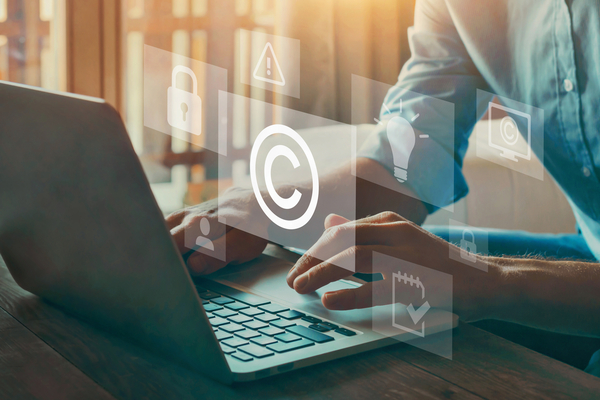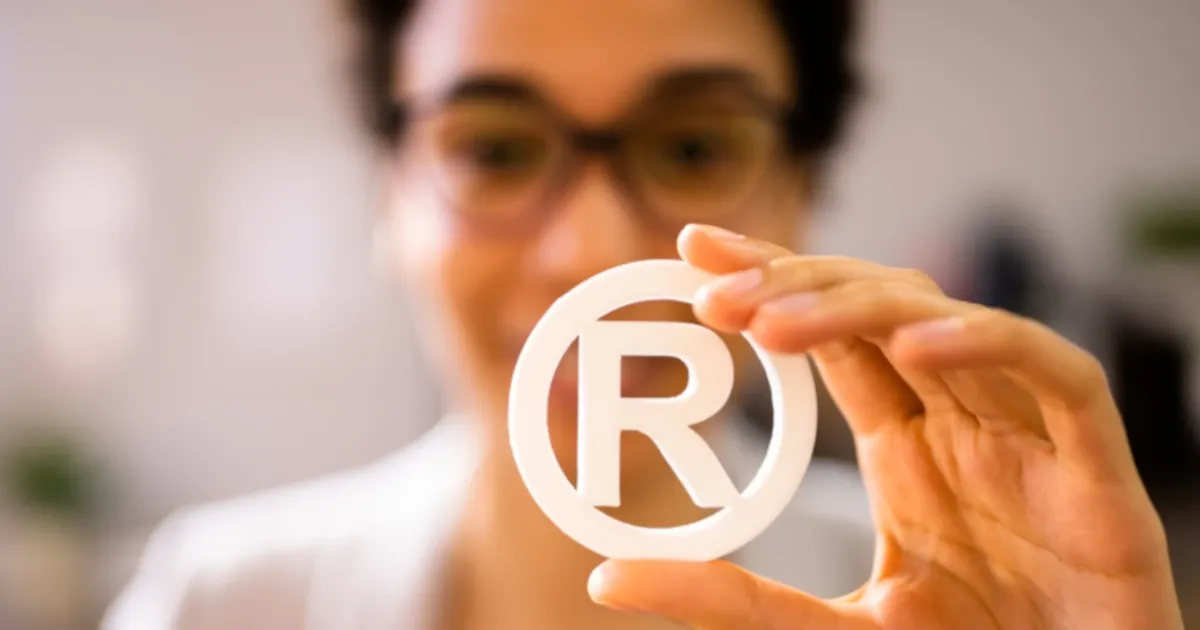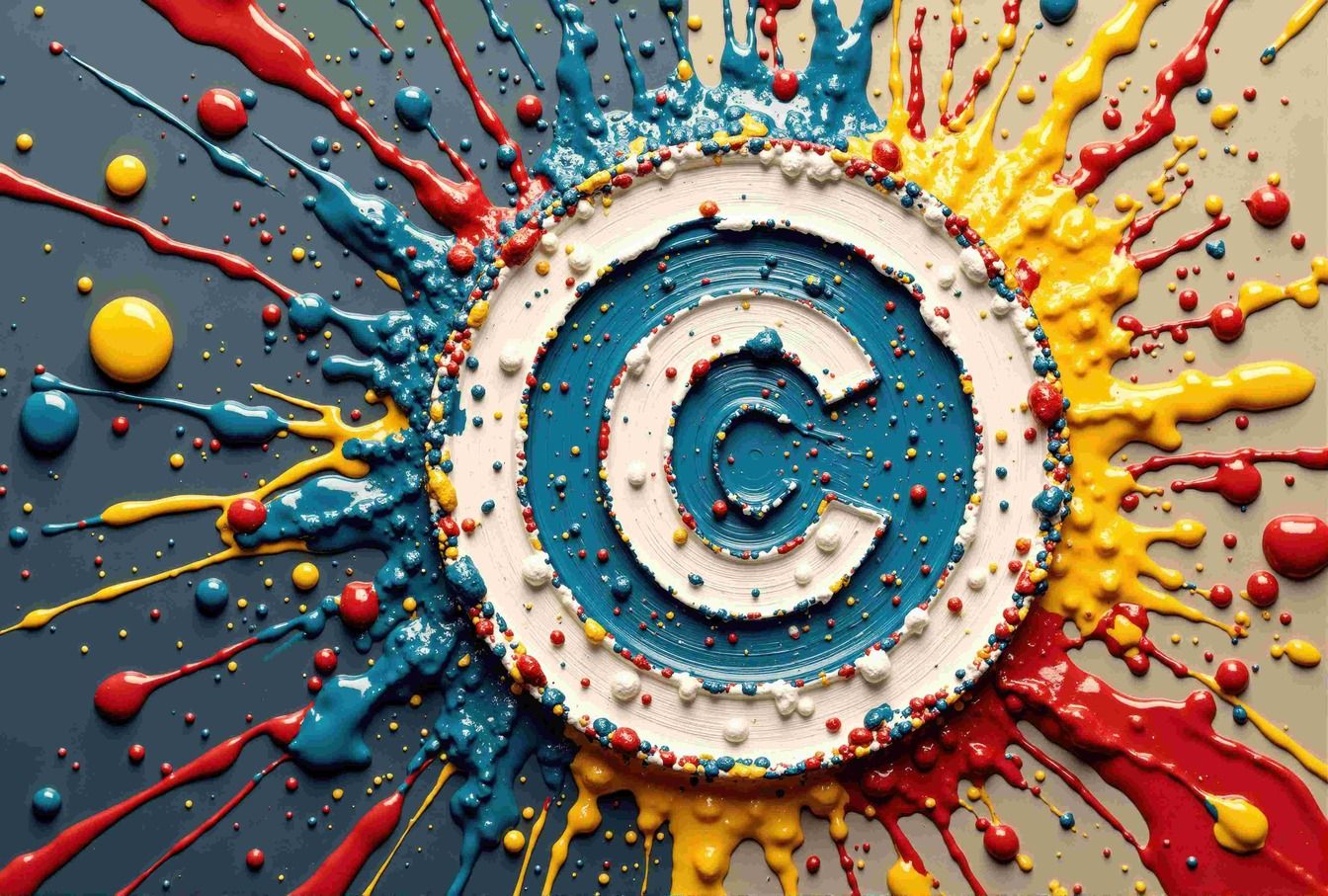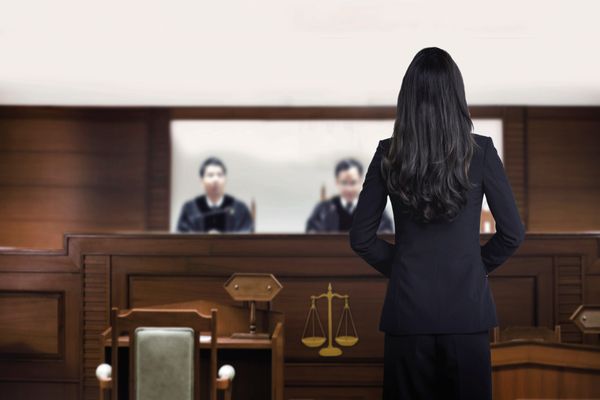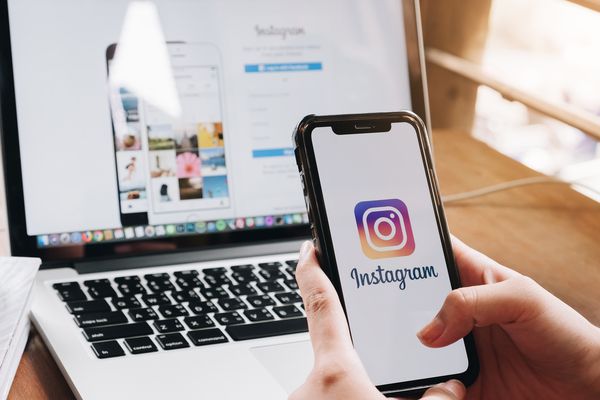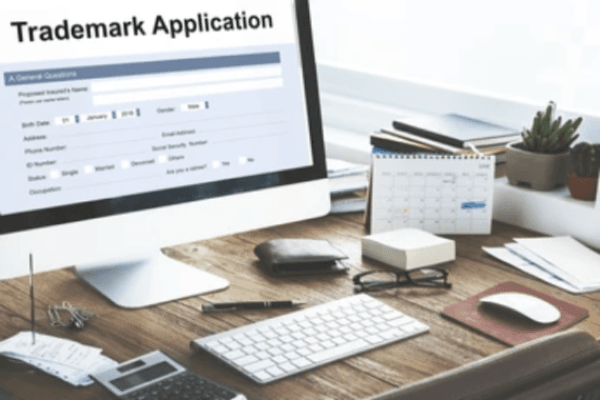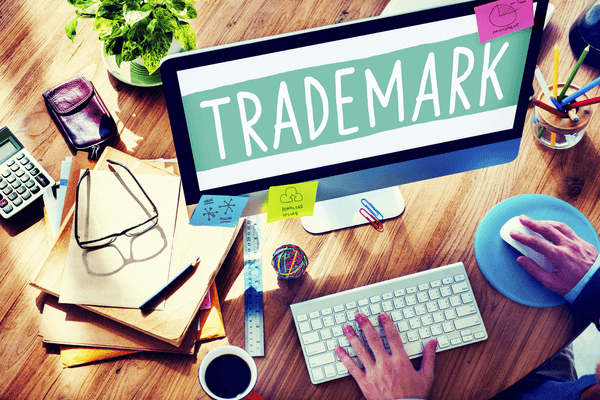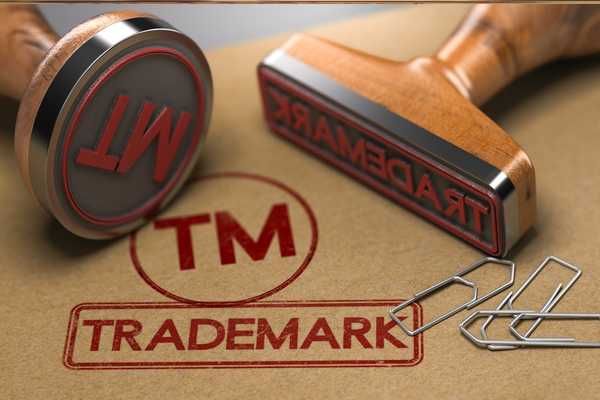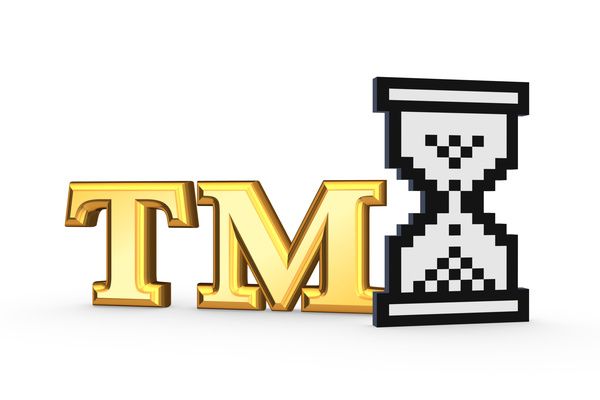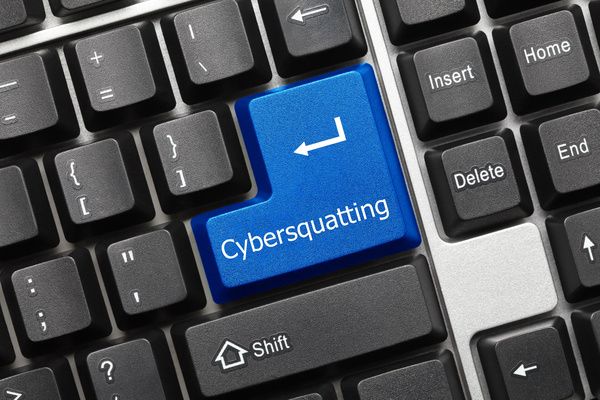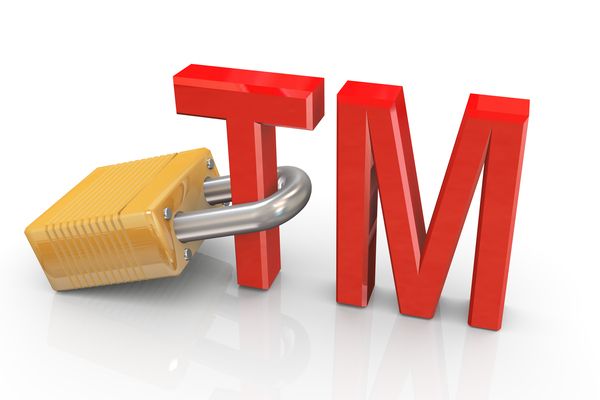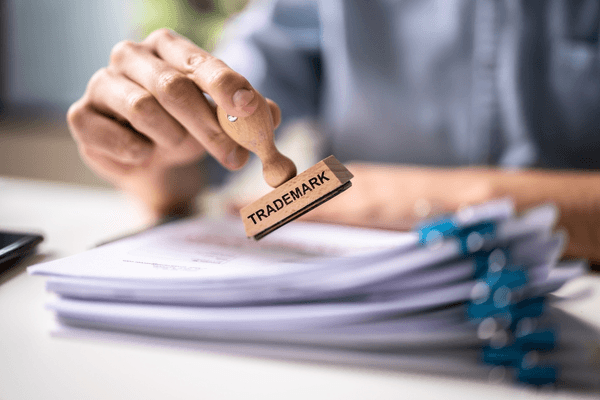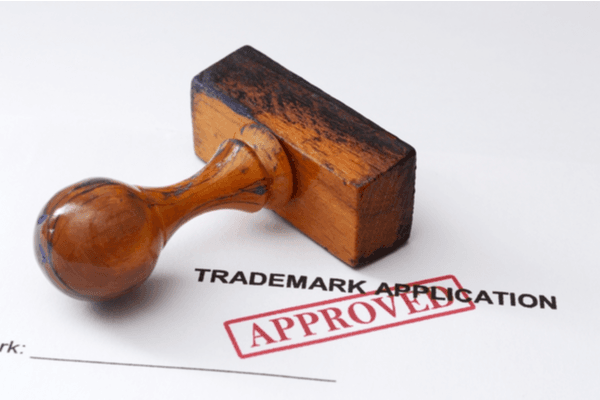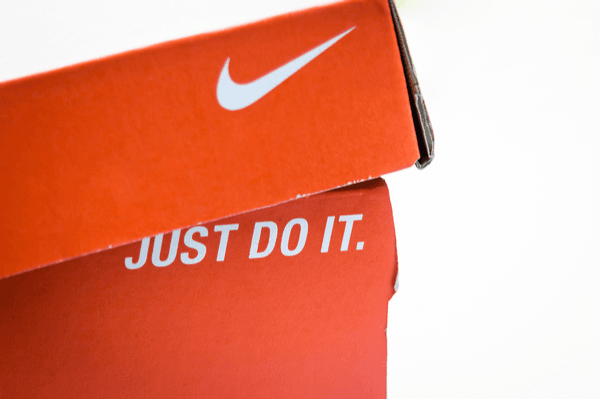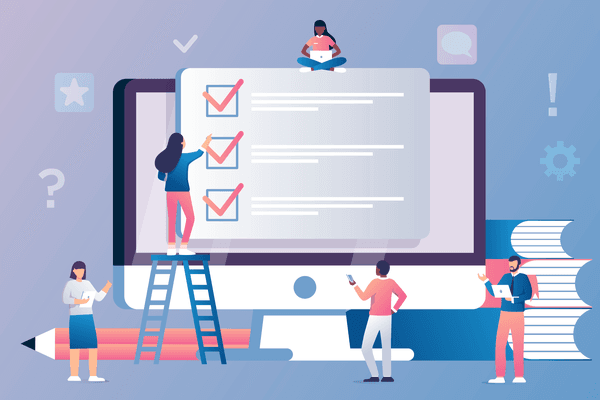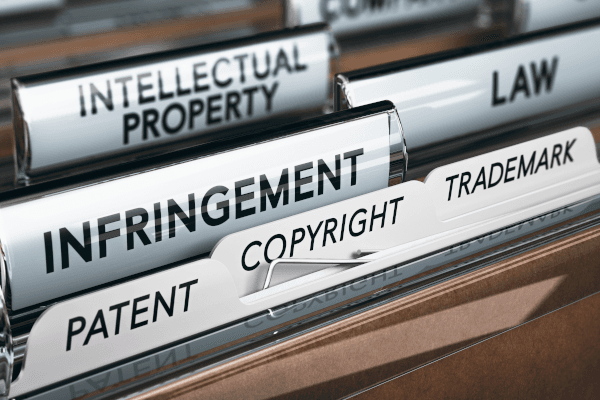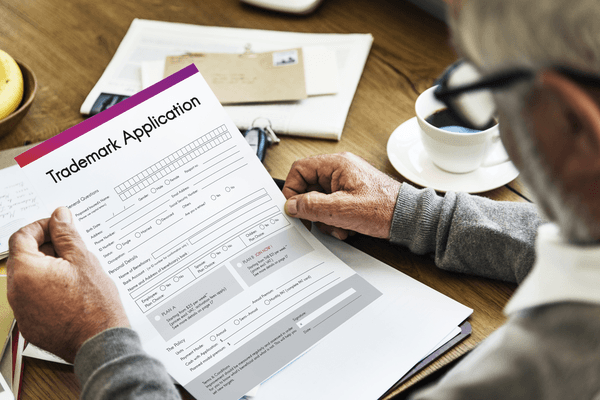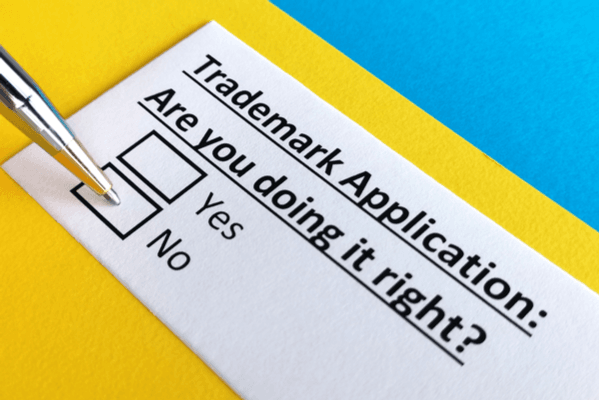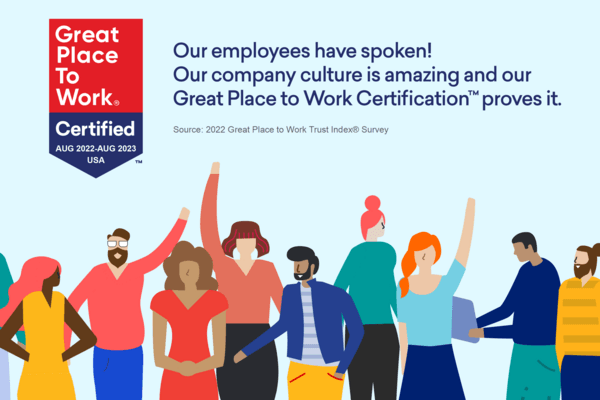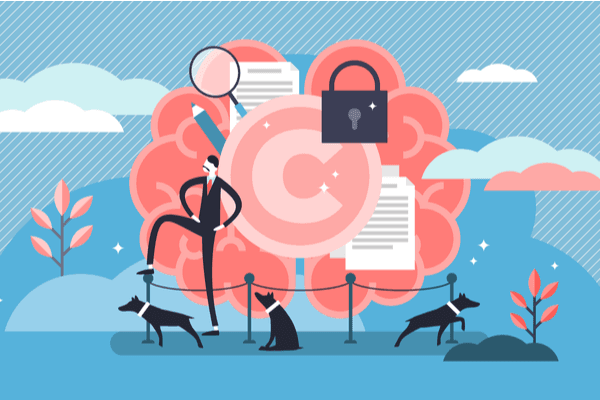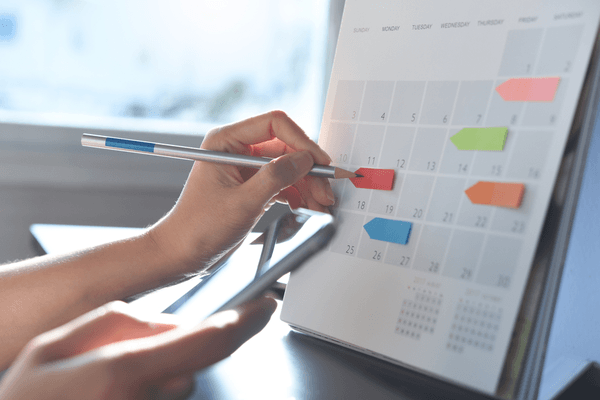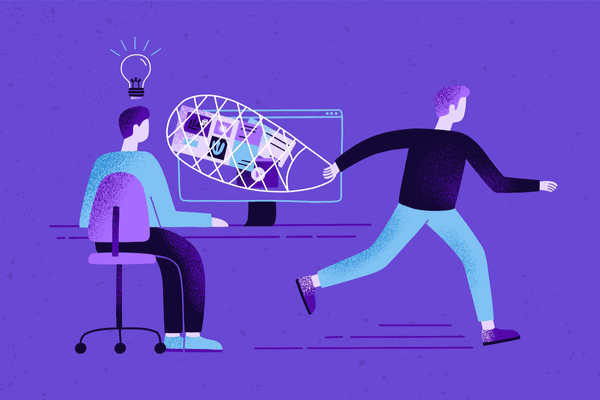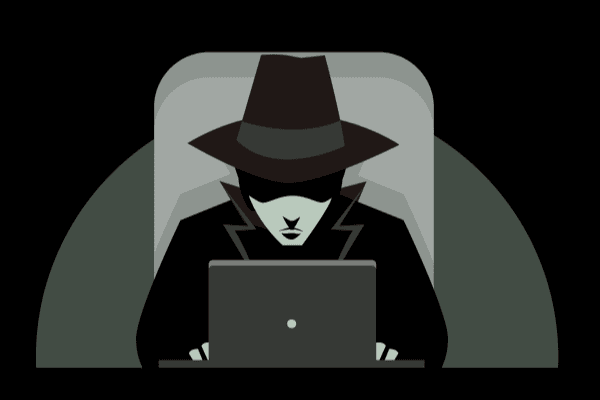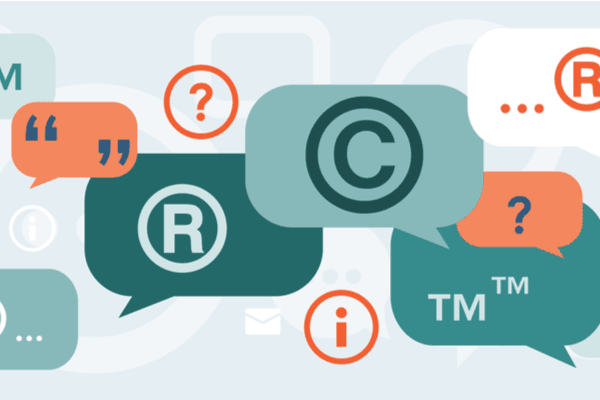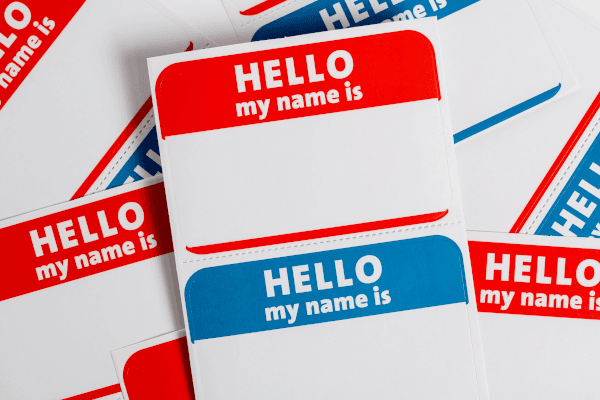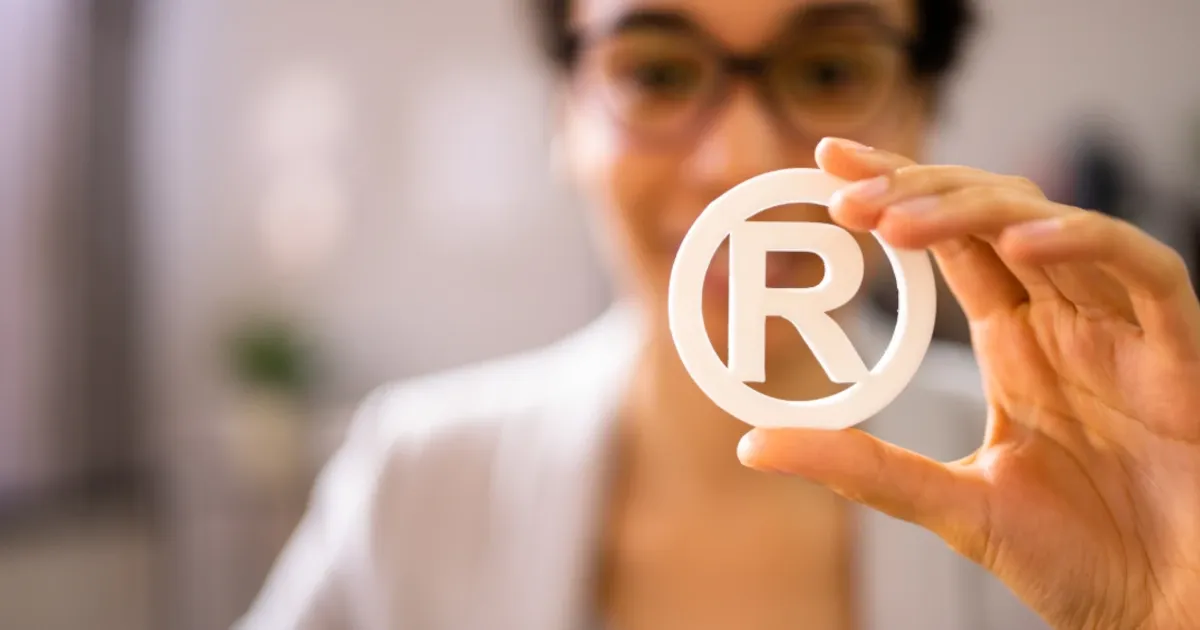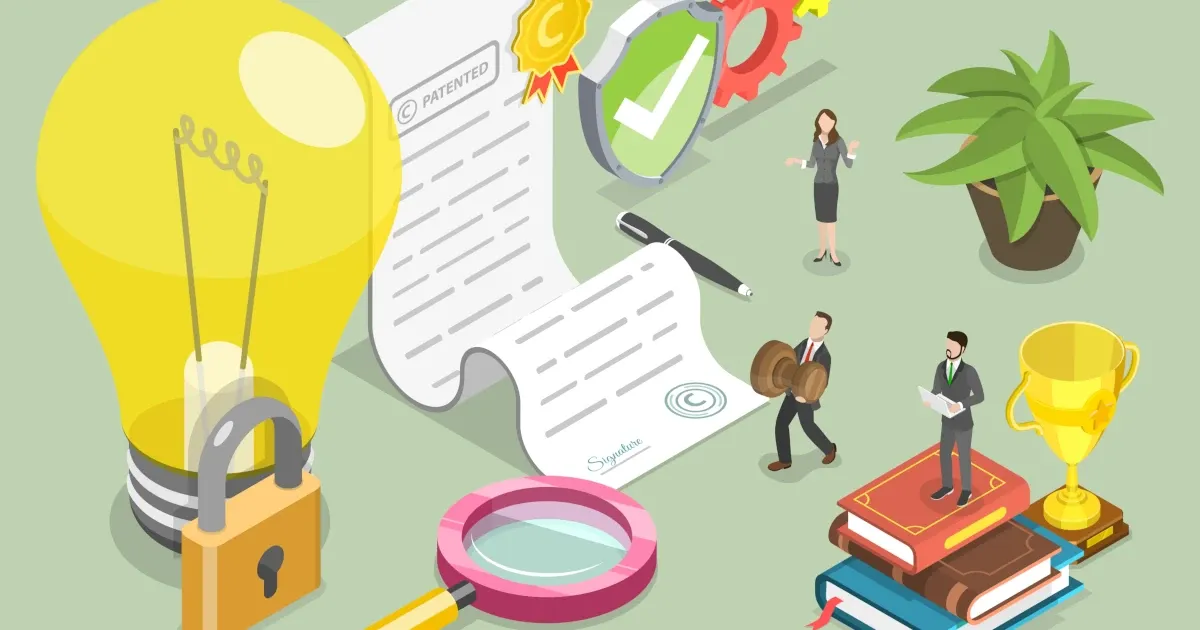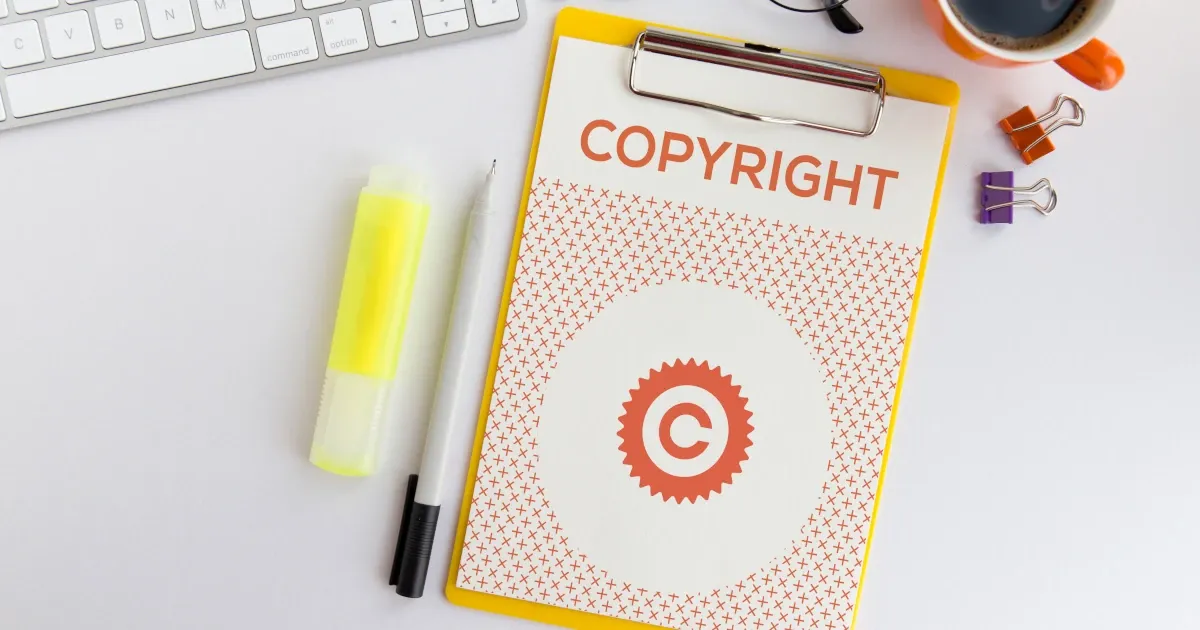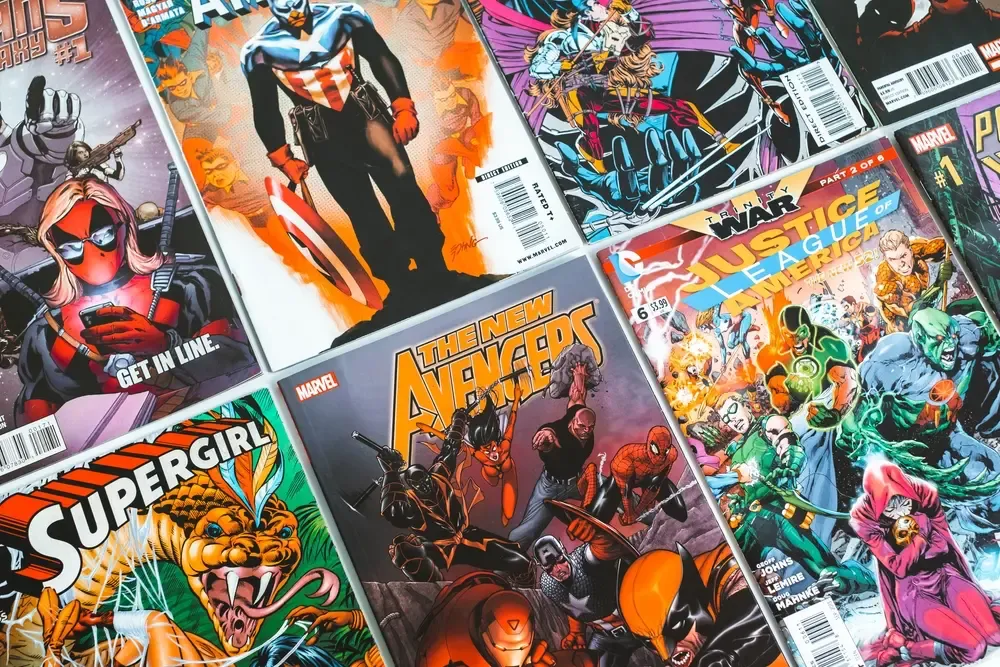How To Protect Your Business From Copyright Infringement
It’s not enough to ensure that nobody infringes on your company’s copyright. You also need to avoid infringing on other people’s rights.
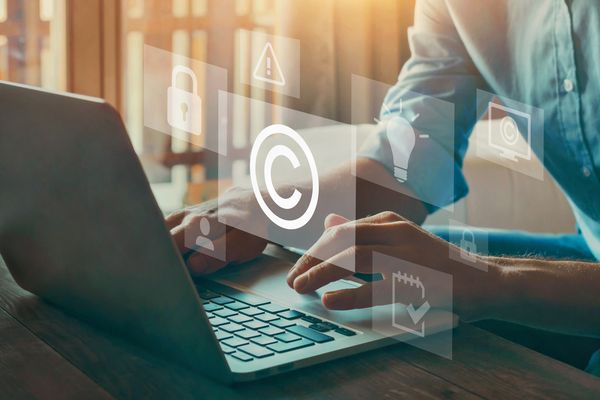

You’ve worked hard to create something original for your business. Perhaps you wrote a book you’ve released to the public or published an article or video online to help drive sales. But one day, you’re browsing the web and see a website hosting your original work without your permission.
Your business has just become a victim of copyright infringement.
When somebody infringes on your copyright, they take your work without your permission and try to profit from it. As a business owner, you must protect your copyright to maintain full ownership of your original work and your rights to use that work in whatever way you see fit.
This article explains what copyright infringement is, its effects on your business, and the steps you can take to prevent infringement under intellectual property law.
What Is Copyright Infringement?
Copyright infringement is the legal term for when somebody acts in a way that violates the copyright of the owner of an original work. Copyright grants a creator the right to sell, distribute, copy, manipulate, and do anything they wish to with their work. If somebody other than the owner does any of these things with this type of intellectual property, they’ve infringed on the owner’s copyright and set themselves up for legal action against them.
For example, your business may create a short video related to one of your products or services. If somebody uses, sells, or uploads that video without your permission, they’ve committed copyright infringement.
To complicate matters, there are two types of copyright infringement — direct and indirect.
Direct Copyright Infringement
Direct copyright infringement occurs when somebody takes your copyrighted work, copies or uses it, and then directly profits from that use. If we use our earlier video example and assume the offender posted your video on YouTube, the person who copied the video directly infringed on your copyright.
You can take action against them, such as issuing a copyright strike via the platform they shared the video on or by taking legal action by initiating a copyright infringement lawsuit.
Indirect Copyright Infringement
A party commits indirect copyright infringement if it plays an influencing or controlling role in a direct infringer’s ability to profit from your original work. Crucially, the indirect party must also benefit from the infringement.
In our video example, YouTube may be guilty of indirect copyright infringement because it offers the platform the direct infringer needs to publish your work. YouTube benefits from that publication because it can display ads on the video or potentially use it to attract visitors to the platform.
For another example, consider what may happen if somebody writes a guest blog post for a website. Instead of creating the content themselves, they copy one of your articles and give it to the website to publish with no attribution. If the website publishes that piece, it indirectly infringes on your copyright because it benefits from the ability to use that article to drive visitors and generate ad revenue.
What Effect Can Copyright Infringement Have On Your Business?
Copyright infringement can have several adverse effects that vary depending on whether your copyright is infringed upon or you are the one violating somebody else’s copyright.
Assuming you’re the copyright owner, infringement can lead to various issues related to misrepresentation.
The offending party may pass themselves off as the owner of your copyrighted work, which could fool customers into thinking that anything the infringer does with that work represents your business. A malicious party could alter your work in ways you don’t want, leading to a negative perception of your business.
There’s also the issue of profit to consider.
Copyright infringers generally profit from the original work they’ve copied. Returning to the video example, a direct infringer may benefit by putting ads on the video, thus allowing them to collect ad revenue. They may also benefit from the reputational boost your content provides them, meaning they may get customers that rightfully belong to you.
If you infringe on somebody else’s copyright, you face different issues.
The primary problem is that copyright infringement can carry financial penalties. A registered copyright owner can take legal action that could cost you between $750 and $30,000 for every example of direct infringement.
Moreover, this penalty can increase to $150,000 per infringement if the copyright owner shows that you willfully broke copyright law. For example, suppose the owner can show you violated their copyright with the express purpose of profiting from their work. In that case, you may receive a harsher financial penalty.
A secondary problem for copyright infringers is that the revelation of their infringement causes reputational damage. So much of selling a product to consumers relies on the customer feeling they can trust the business they’re buying from. If you have copyright action against you, customers may negatively perceive your business and its practices. This negative perception may lead them to choose not to buy from you, directly impacting your bottom line.
Take Steps To Prevent Copyright Infringement From Happening
As a business owner, you need to prevent copyright infringement on both ends of the spectrum. You must take action to prevent others from infringing on your company’s copyright to protect your intellectual property. You also have to ensure you don’t expose yourself to legal action by infringing others’ copyrights.
Preventing Others From Infringing on Your Copyright
You can take three key steps to prevent other parties from infringing on your company’s copyright.
Use the copyright symbol.
Register your copyright with the U.S. Copyright Office.
Engage a copyright attorney.
asdf
Step #1: Use the Copyright Symbol
Often, people infringe on copyright without willfully intending to cause damage or benefit from their use of an original work. For example, somebody may copy a passage from a blog post into their own without knowing they need to give credit to the original author.
This is particularly common if the original work doesn’t have any indication that it’s copyrighted. Many people don’t know that all original work is protected by copyright law, even if it doesn’t contain a copyright notice or symbol.
You can avoid this problem by placing the © symbol on any original work your company creates. Accompany this with the name of the copyright owner and the first year the work was published. This symbol serves as a public notification that the work is protected, making it valuable for informing those who don’t understand copyright or the work’s protected status.
Step #2: Register Your Copyright
Any original work of authorship you create in a tangible medium is automatically protected by copyright law. However, you can still register a copyright with the U.S. Copyright Office. Typically, this involves filling out some forms, paying a fee, and providing the U.S. Copyright Office with electronic or physical work samples.
Why do that when your work is automatically protected?
First, every registered copyright goes into the U.S. Copyright Office’s database. That means anybody unsure about the copyright status of your work can check the database to see if they’d be infringing on your rights by using it. This database allows you to avoid issues related to people accidentally violating your copyright and gain additional copyright protection.
Second, copyright registration is required if you want to bring a lawsuit against an infringer. If your work is unregistered and you discover infringing activity, you would have to first register the work before being able to legally stop the infringer.
Finally, copyright registration is a handy marketing tool. While your customers may already know your original work is protected automatically, being able to point them towards your registration shows that you take protecting your company’s intellectual property seriously. That gravitas can enhance the customer’s trust in your ability to act professionally.
Step #3: Engage a Copyright Attorney
You will typically need a copyright attorney to help navigate the legal issues related to somebody using your copyright. They can advise you on what is and isn’t considered fair use and bring legal action against anybody who infringes on your copyright, such as sending a cease and desist letter for them to takedown the work.
Of course, engaging an attorney costs money. Keeping a copyright attorney on retainer may only be viable if you have many copyrights that repeatedly get violated. With an attorney’s fees in mind, it may be best to work with an attorney only when bringing a legal action or for initial advice about your rights.
How to Avoid Copyright Infringement as a Business
Ensuring you don’t infringe on anybody else’s copyright is just as important as protecting your own. After all, accidental infringement puts your company at risk of the same financial penalties you could impose on somebody who infringes on your intellectual property rights.
These quick tips should help you avoid infringing on another party’s copyright.
Tip #1: Never Assume You Can Use a Piece of Content
Don’t ever assume you’re free to use a piece of content just because you can’t see a copyright notice attached. If you intend to use someone else’s work for any reason, always reach out to them and ask for permission. If they say no, accept the answer and move on.
If you can’t get in touch with the copyright owner, don’t use the work.
Tip #2: Understand Fair Use Laws
Copyright doesn’t necessarily mean you can’t use another person’s original work for any purpose. You may be able to use it under fair use laws.
These laws typically apply when somebody uses a copyrighted work while adding something to it. For example, you may quote from an article and then use your work to offer a rebuttal. That’s typically considered fair use.
We see a more typical example in the YouTube commentary community. A gamer may publish a video on the social media platform showing the latest game they’re playing, which would generally infringe on the developer’s and publisher’s copyright. Suppose that gamer adds commentary, such as engaging in a dialog while playing or using the footage for a review. In that case, they may be protected by fair use laws.
If you intend to use copyrighted material without permission, ensure you’re covered by fair use. Consult a copyright attorney if you’re unsure.
Tip #3: Look for Public Domain Content
When in doubt, search for public domain content.
Many creators offer images, music, and video clips on sites that provide business owners with free content. In these cases, the copyright owner exercises their rights to make their creative work available to anybody who wants to use it.
If you’re struggling to gain permission to use a copyrighted piece, consider using work either in the public domain or covered by a Creative Commons license. This license tells you that the creator has granted the public free access to use their work.
The Creative Commons website contains a search portal named openverse that allows you to quickly find materials you can use without worrying about copyright issues.
Protect Your Business Against Copyright Infringement
Copyright infringement can damage your small business in many ways. It can force you into taking costly legal action if you’re the victim of infringement. It can also put you in a position where you face financial penalties if you violate somebody else’s copyright. Understanding what you should and shouldn’t do is critical if you want to protect your company, as is registering your copyrights.
Registering your copyrights gives you the proof needed to make legal issues far less costly and time-consuming. Trademark Engine can help. Our copyright registration service takes all the hard work out of your hands so it’s easier to get these exclusive rights. To find out more, visit our website today.
Trademark Engine is not a law firm and none of the information on this website constitutes or is intended to convey legal advice. General information about the law is not the same as advice about the application of the law in a particular factual or legal situation. Individual facts and circumstances as well as legal principles including but not limited to the ones referenced on this website can affect the outcome of any given situation.
If you want or have an interest in obtaining legal advice with respect to a specific situation or set of circumstances, you should consult with the lawyer of your choice.
Trademarket Blog
Everything you need to know about starting your business.
Each and every one of our customers is assigned a personal Business Specialist. You have their direct phone number and email. Have questions? Just call your personal Business Specialist. No need to wait in a pool of phone calls.
